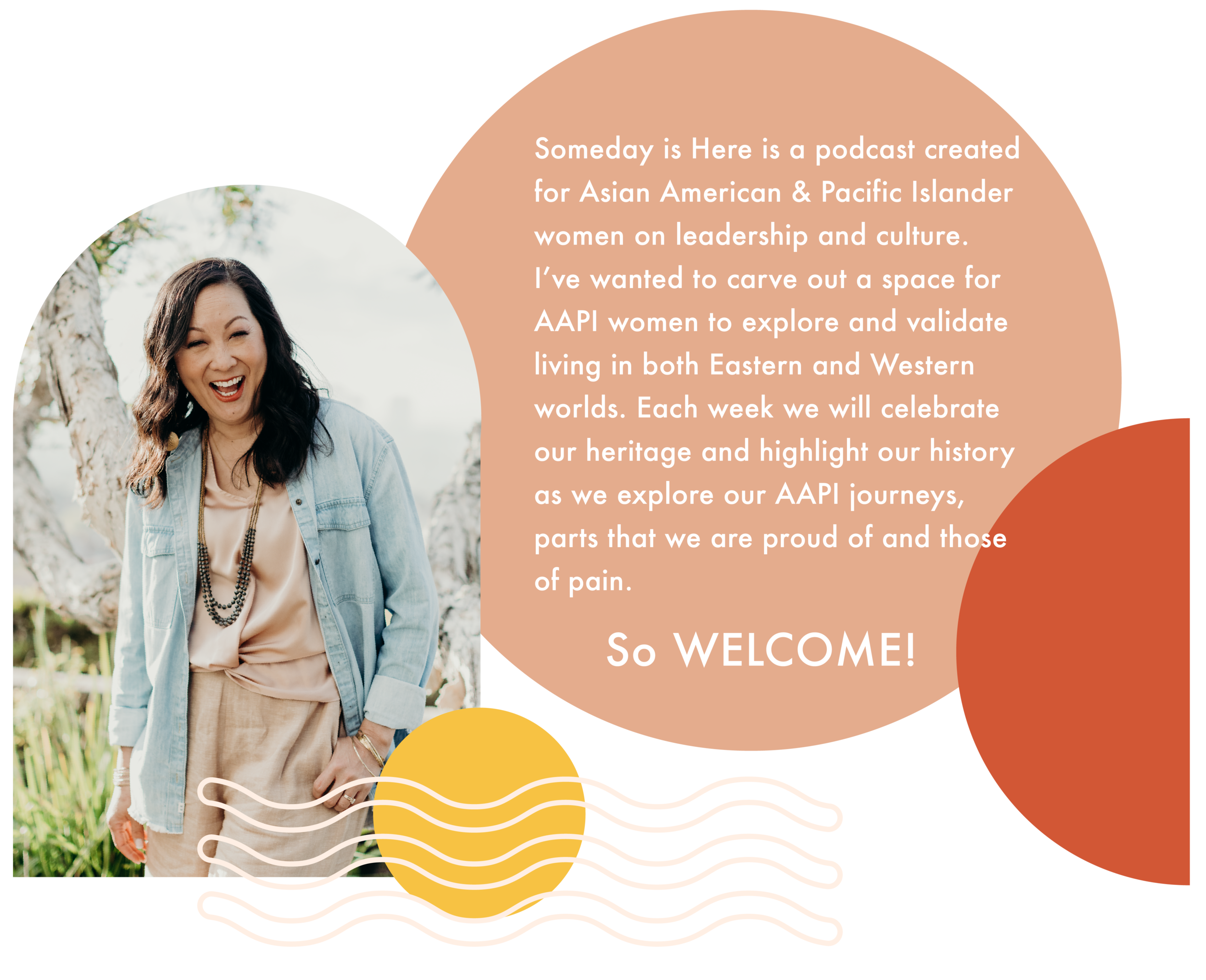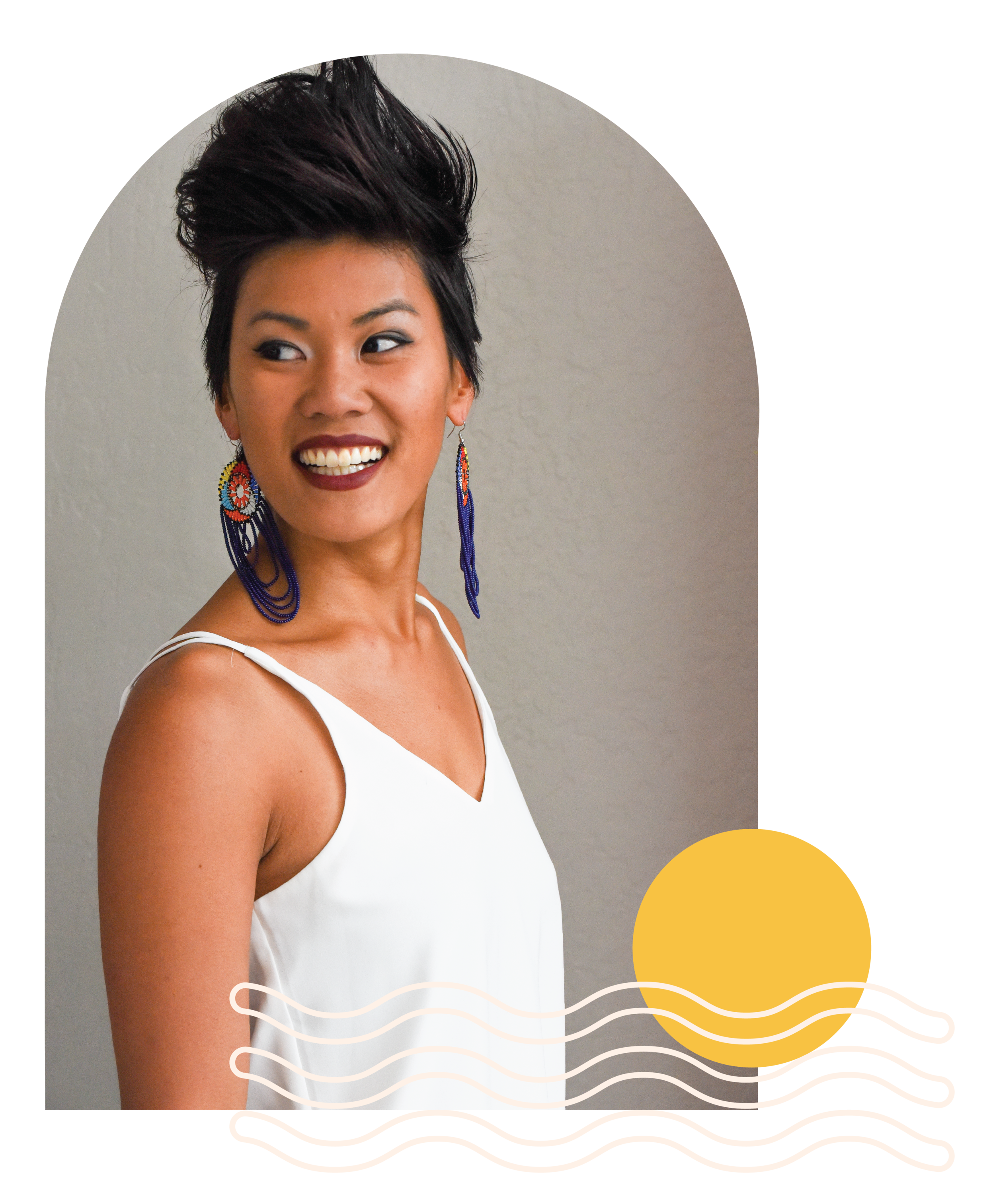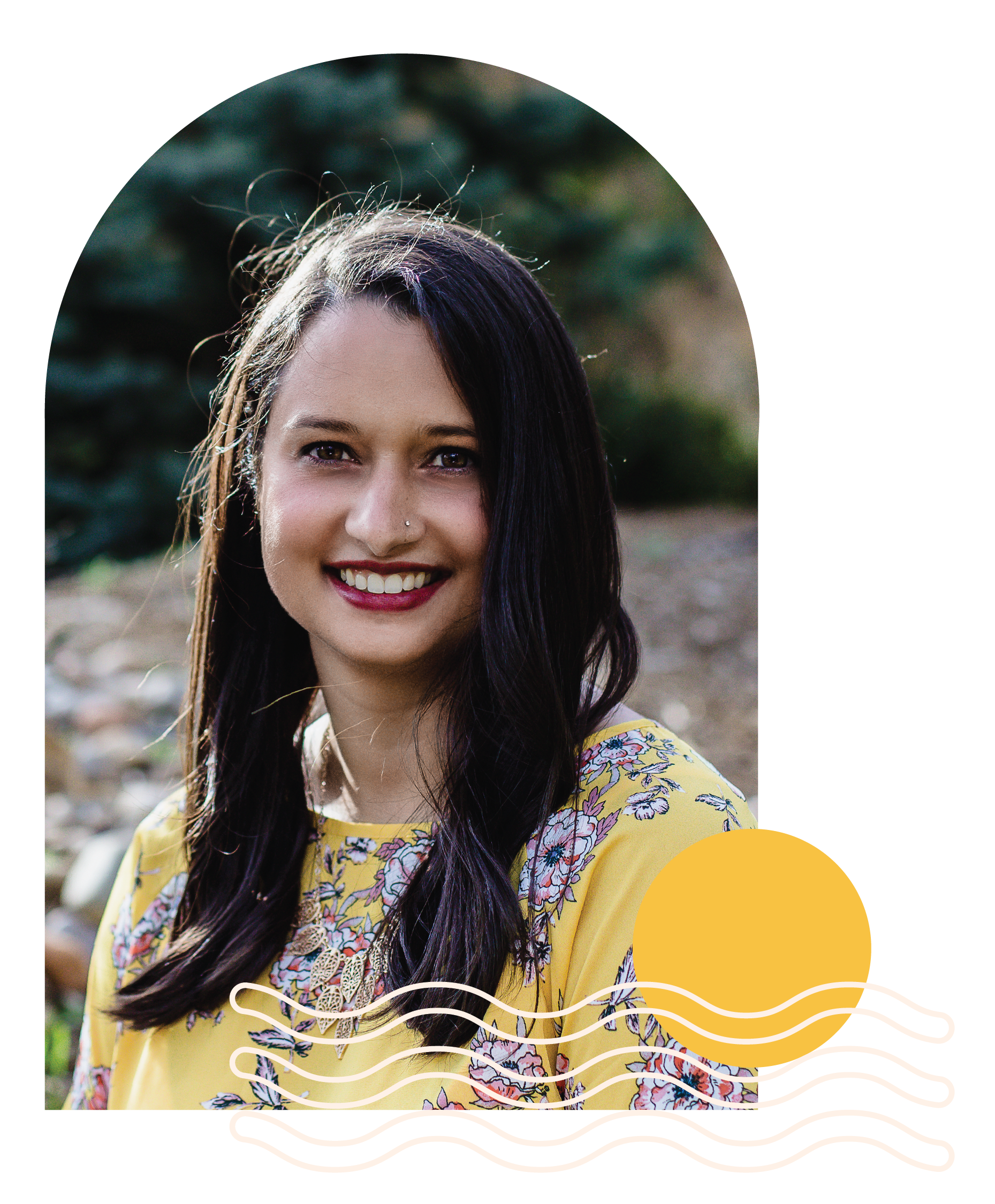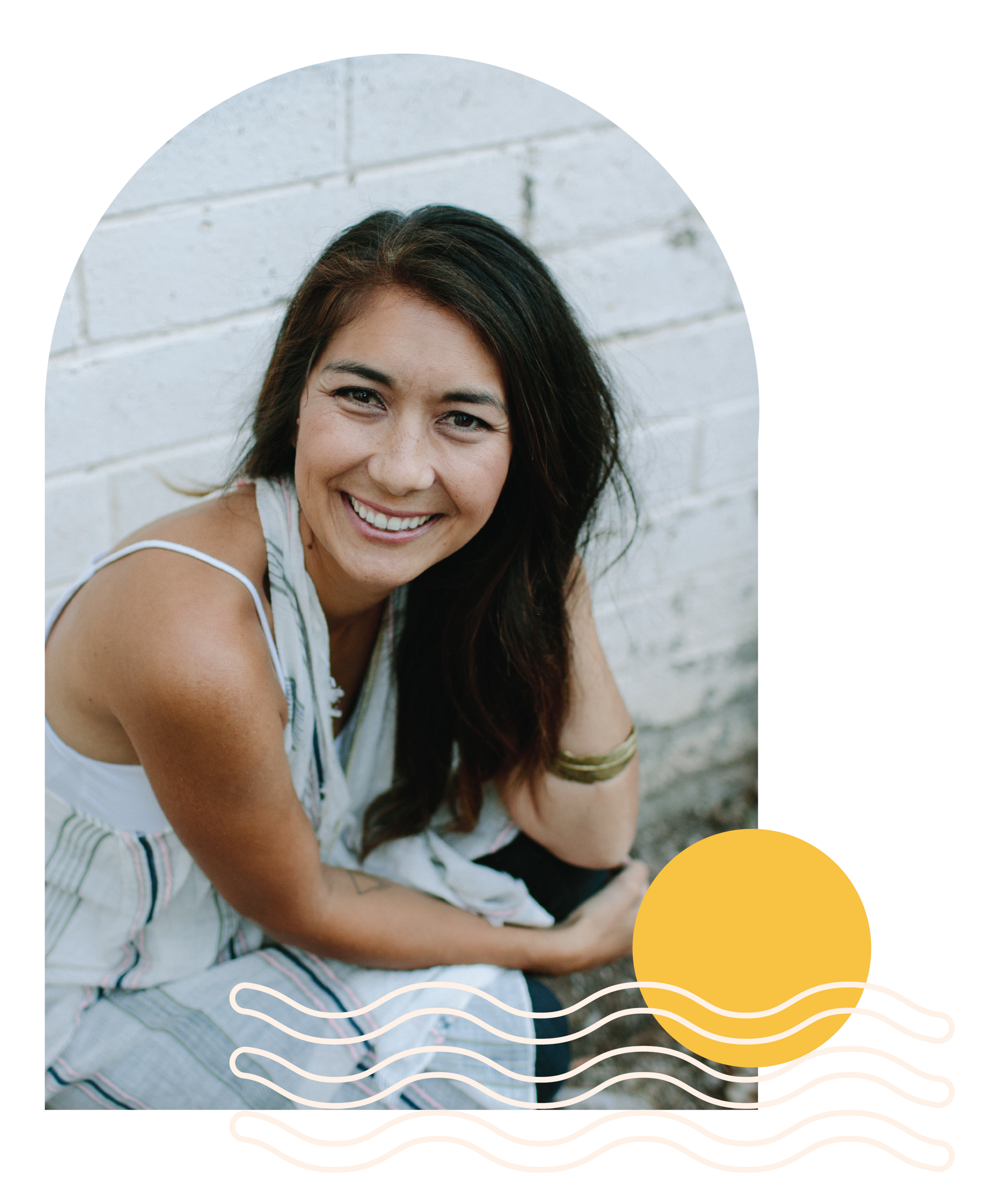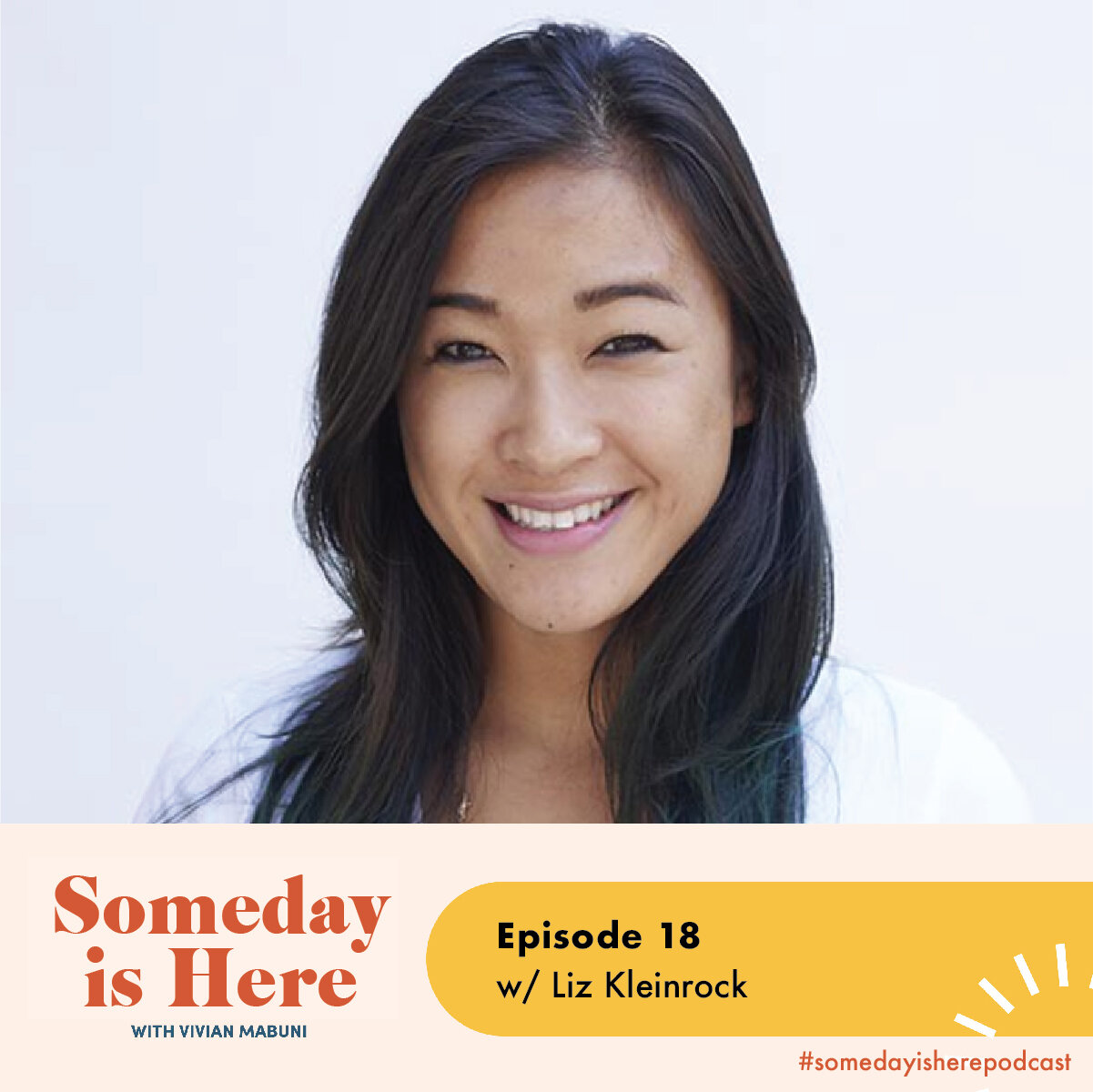Episode 35: Season 2 & 3 Recap
Can’t believe we are near the end of 2020 and have finished 34 amazing episodes of @somedayisherepodcast! We had so many incredible guests this year.
Here are just a few highlights:
Our #sihliveevent episode with Season 1 and 2 guests (Episode 16)
@jocekittyllama, the fabulous creator of our SIH logo shared the meaning behind the colors and symbols. She read an original poem, “I Am From”, that captures her story of being Tawainese American (Episode 34)
From @AngieHong we learned the term “double consciousness” (Episode 19)
After a viral interview with the Washington Post, Eugene Cho joined us for a special edition episode on Covid-19 called “I Am Not A Virus”
In Episode 31, @Christineyisuh shared a family story about her great-aunt and their escape from North Korea, an excerpt from her upcoming book.
We heard two transracial adoptee stories with @lizkleinrock (Episode 18) and @sandhyaoaks (Episode 30)
In a rich conversation with our first Samoan guest, @etautolo, we discussed the overlap and tensions that exist with Pacific Islanders being part of AAPI (Episode 32)
I have loved each and every conversation. I have learned so much and am so grateful for all our guests sharing their stories with us. If you haven’t had a chance, now is a great time to catch up on the episodes you may have missed. A big THANK YOU to all of you for your enthusiasm and support. Thank you for all your ratings, reviews and for sharing this podcast on social media with your friends and family. We are so excited for 2021 and Season 4!

